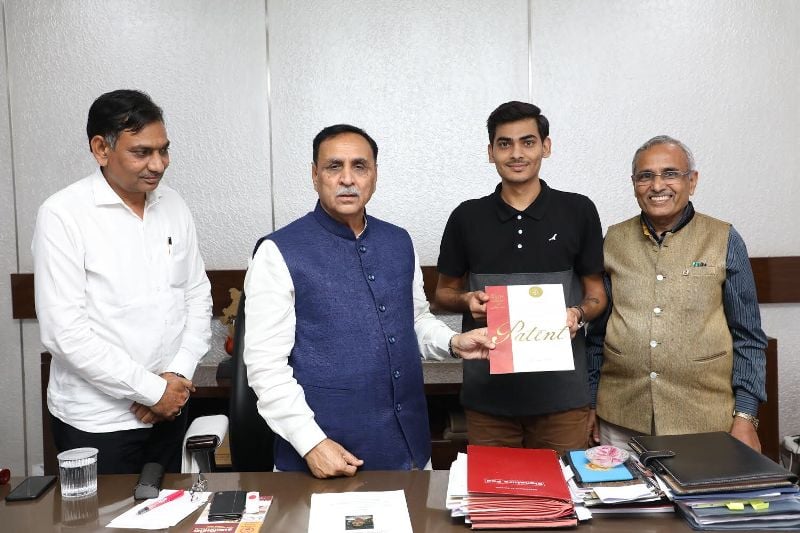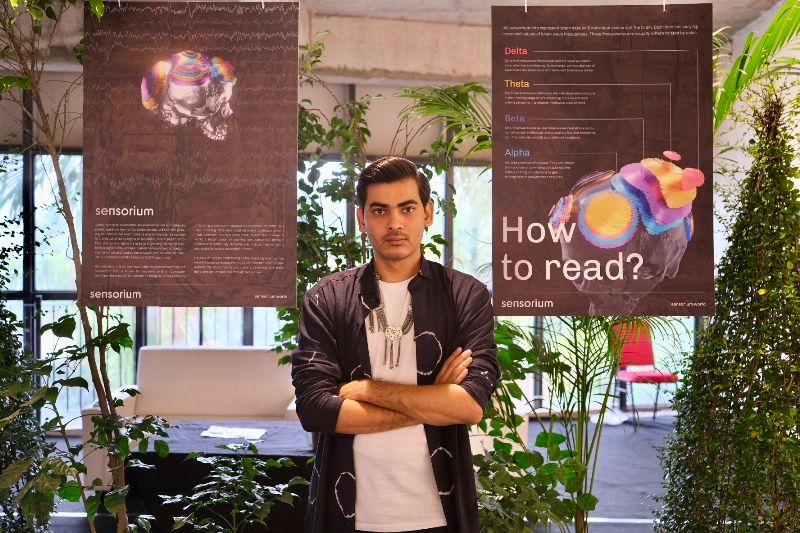Abhijeet Satani Age, Patents, Family, Biography & More
Quick Info→
Hometown: Ahmedabad
Age: 26 Years
Girlfriend: Kshma Kheskani
Some Lesser Known Facts About Abhijeet Satani
- Abhijeet Satani is an Indian neuroscientist from Ahmedabad, Gujarat, who comes from a family with a spiritual and business background. He gained recognition for his groundbreaking invention, the ‘Brain-to-Computer Interface.’
- His inquisitive and imaginative nature was evident from his early years. During his childhood, he immersed himself in books on science and philosophy, dedicating significant time to studying these subjects. In an interview, he talked about his curiosity and said,
I always study how things work rather than enjoying it! I always used to imagine myself surrounded by beautiful diagrams that got me more curious about how the human brain works.”
- Abhijeet was an avid follower of the research conducted by scientists Vilayanur Subramanian and Dr Richard Aldrich. He meticulously collected newspaper clippings of all their projects, deeply inspired by their work in the field of Neuroscience. Their contributions fueled his passion for pursuing a career in Neuroscience and making his own mark in the field.
- At the age of 13, Abhijeet achieved his first success in inventing mobile terminals and developing methods for their usage.
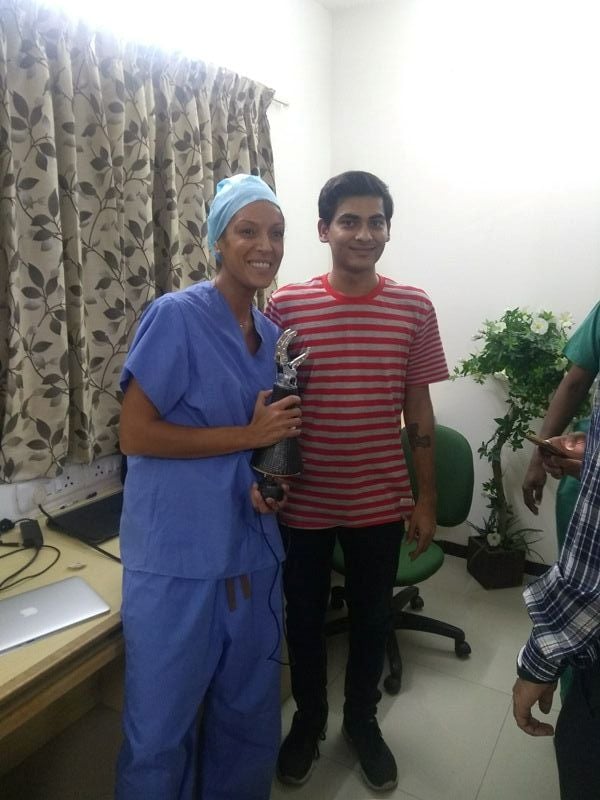
- In 2014, he was selected for incubation at I-create (International Centre for Entrepreneurship and Technology), a government initiative in India. During this period, Abhijeet invented computer-assisted muscle-controlled prosthetics and filed a patent for a cognitively operated system, further solidifying his reputation as a rising star in the field of neuroscience and technology.
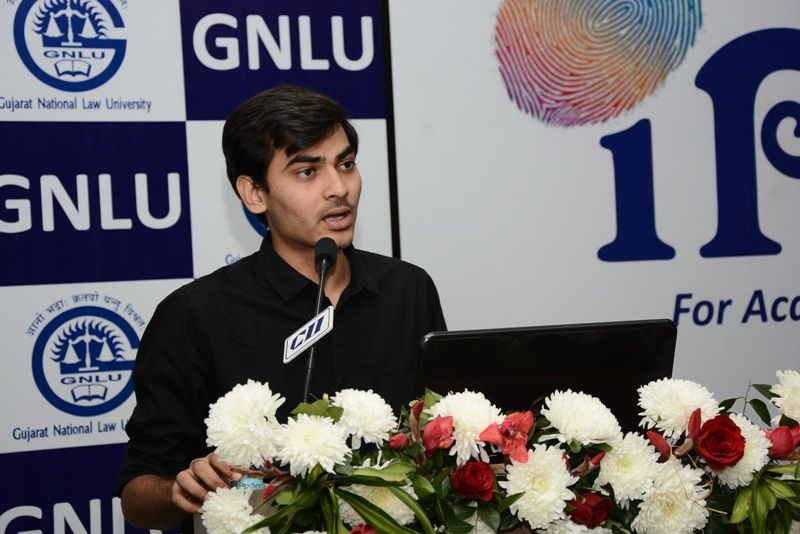
- In 2015-16, Abhijeet accomplished a remarkable feat by creating the “Alternative Nervous System”, an interface for the spinal cord. This groundbreaking invention was particularly significant as it helped a 5-year-old boy in Australia who had lost his fingers and leg to meningococcal disease. Abhijeet’s innovative solution offered a new ray of hope to the young boy, opening up possibilities for him to regain control and mobility.
- Abhijeet developed an invention called the ‘Brain-Computer Interface Module.’ This invention provides real-time feedback to surgeons by signalling live feedback of a patient’s brain activity during surgical procedures. By doing so, it eliminates the need for repeated procedures, ultimately saving patients and doctors time and resources. This innovative invention has earned Abhijeet patents in the USA, Europe, China, and India, highlighting its significant impact and potential to revolutionize the medical field. While talking about his future plans, in an interview, Abhijeet said,
I anticipate that my knowledge of the brain and nervous system will continue to advance over the next years and translation of my research’s findings into clinical practise with doctors to make sure that new treatments and therapies are safe, efficient, and available to patients.”
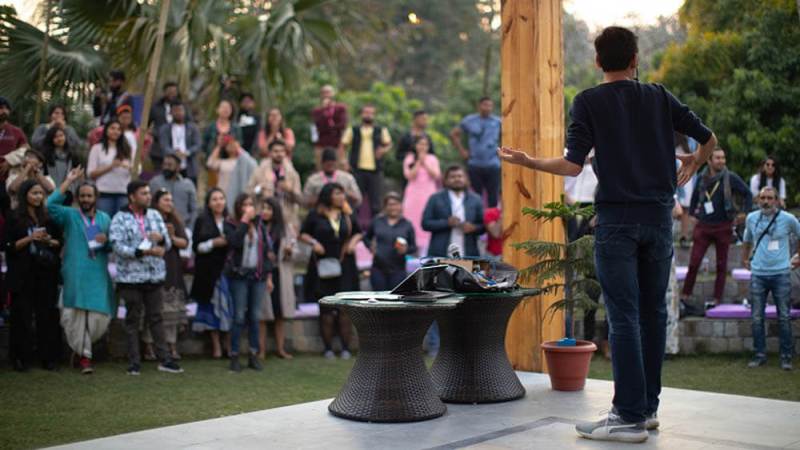
- Abhijeet Satani leverages the reach of social media platforms to promote his groundbreaking discoveries and ongoing research. Through visually stimulating illustrations of brain scans, he showcases the latest developments in his field to a wider audience. Abhijeet strongly believes that research is a transformative process that challenges and refines him as an individual. He is driven by the motivation to nourish his scientific rigour and hone his creativity and imagination each day, continually striving towards becoming a better version of himself.


